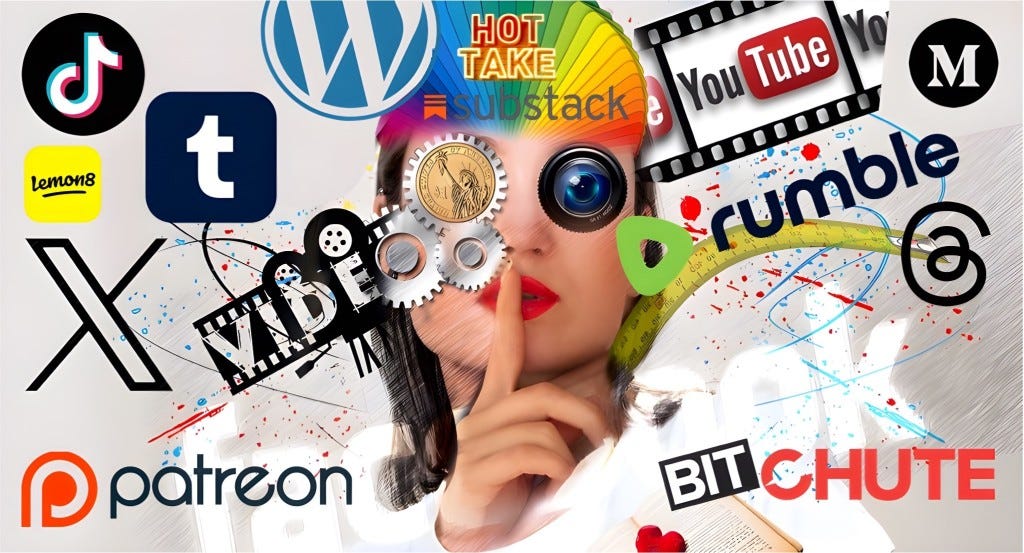Mainstream vs. Alternative Media — Why It Matters
Understanding the difference between mainstream and alternative media is essential today. During this presentation, I learned how different these two forms of media are and how they both play vital roles in shaping public understanding.
Mainstream media refers to large, well-known organizations such as FOX, CNN, ABC, The New York Times, and NPR, all of which have much influence over the general public. These platforms discuss many things, from politics to health to international affairs, reflecting what is happening in the world from multiple viewpoints. Mainstream media often shape national conversations and public opinion because they reach many people and spark conversations worldwide.
Alternative media offers independent and nontraditional viewpoints that can sometimes clash with the narratives of mainstream sources. While these sources can have a smaller audience, they tend to focus on niche topics that are not as talked about in mainstream media. They can range from all over the political spectrum, whether very far left, in the middle, or far right. Alternative media helps bring some new light and perspective to parts of the world that are dark and overlooked by the mainstream media. While also giving a voice to groups that feel like they do not have one.
The key takeaway is that there is a significant difference between these two media types, from the audiences they target to the topics they discuss. While mainstream media tends to focus more on the public agenda and major stories, alternative media provides a valuable counterbalance with perspectives that need to be heard but won't be covered by the mainstream media.
Media literacy is critical in this world, and we need a well-rounded viewpoint on the news, whether from mainstream or alternative media. We must stay informed and ask questions, as even if you do not fully agree with someone else's viewpoint, hearing a different perspective may be very helpful.








